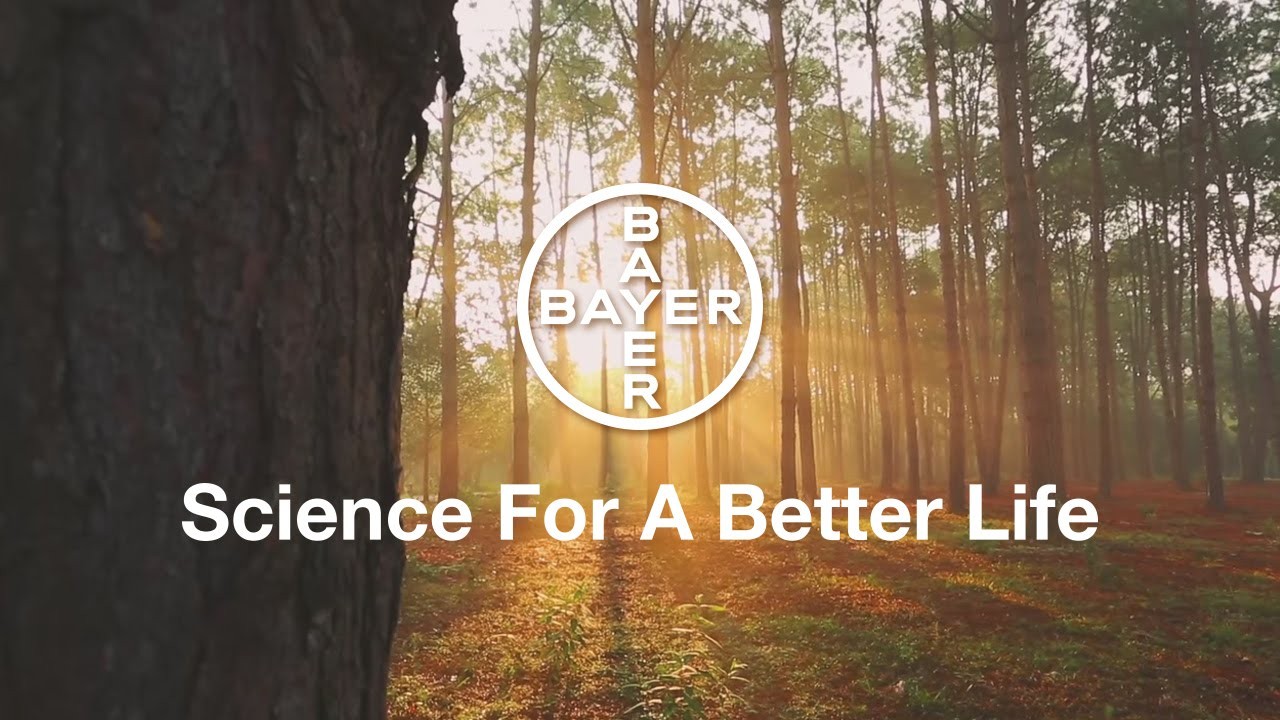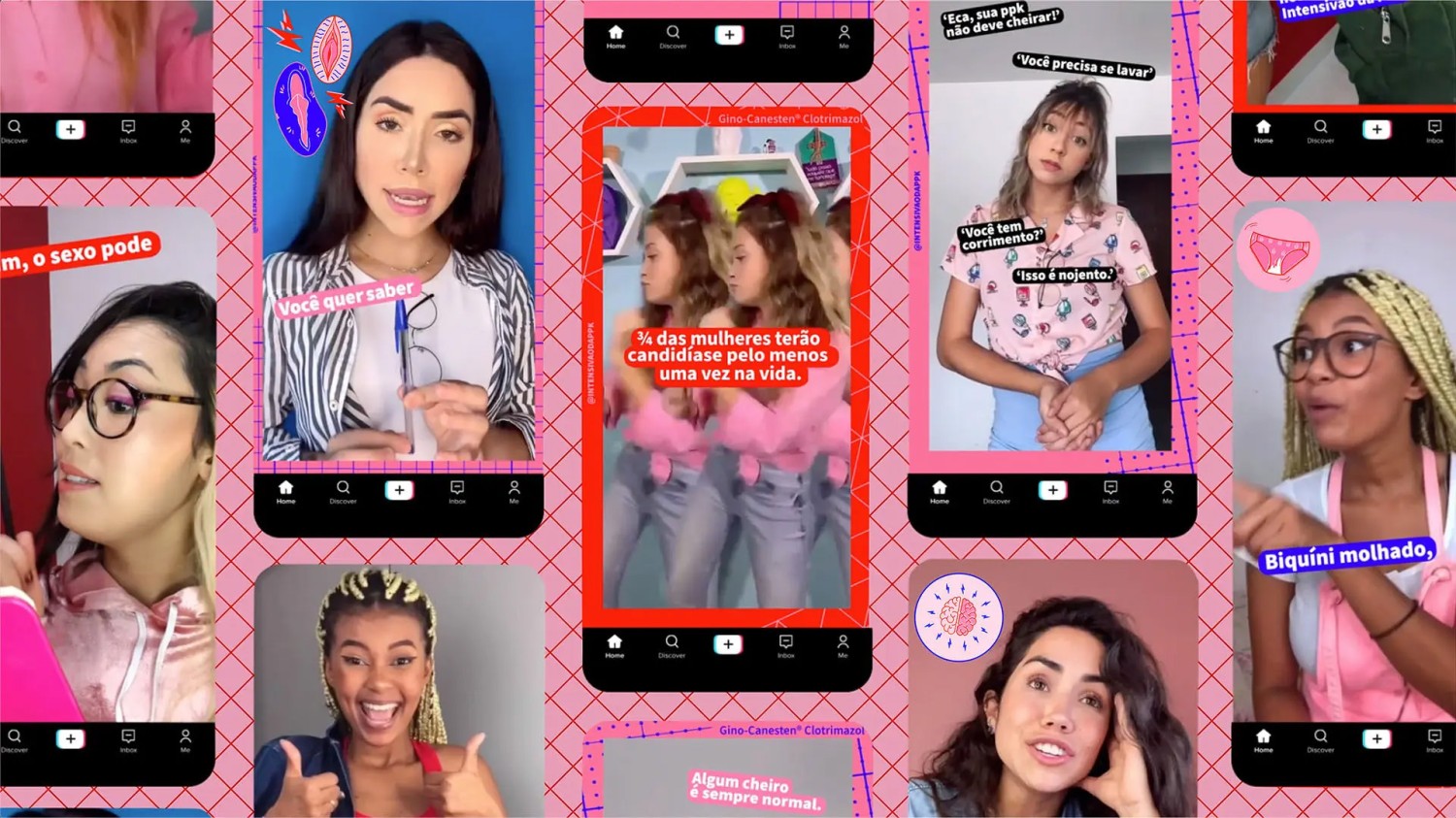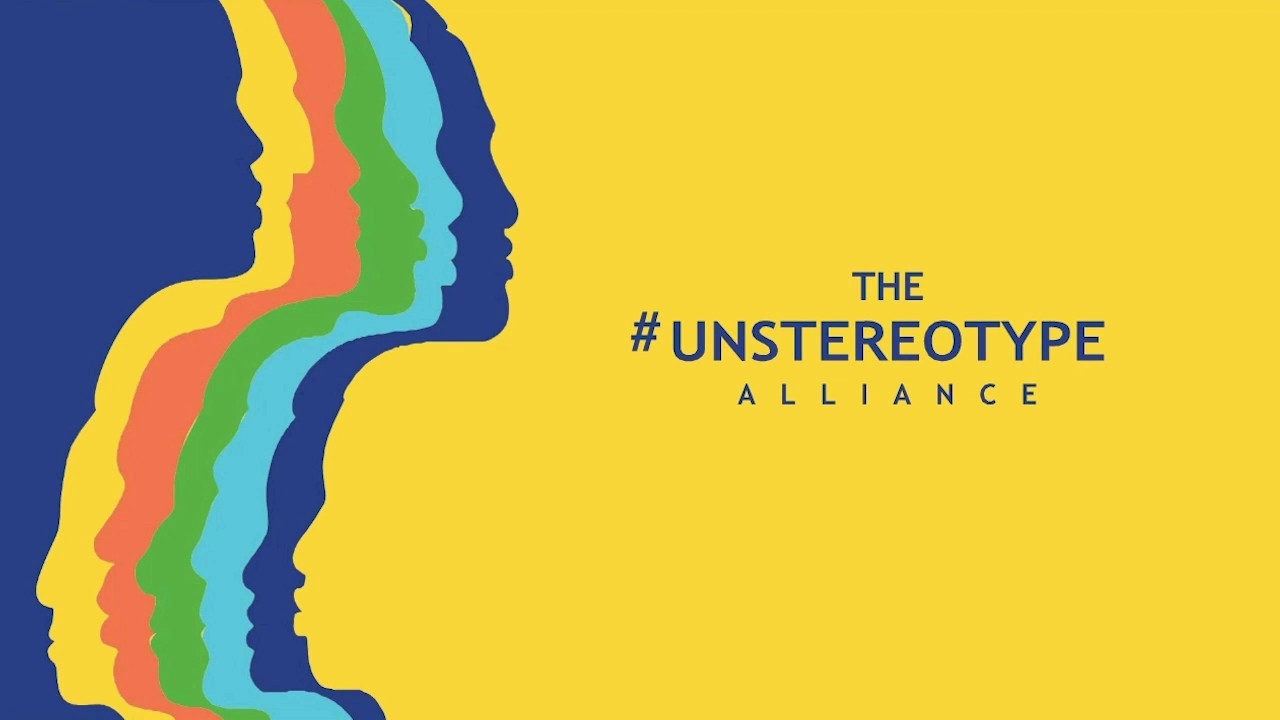So, the old healthcare marketing, with a focus on rational argumentation, is not working anymore?
‘I challenge if it ever worked. Within the top 10 industries globally, health ranks number eight in creativity. Then think about the penetration and distribution of products that can help improve people’s health, especially now that we’re dealing with Covid. People should think about boosting their immunity every day, the same way they think about having breakfast. But it doesn't work like that. I don't think that healthcare marketing was ever very compelling. This is a fantastic moment for us to change that.’
How are you shaping this strategy at Bayer?
‘Firstly, we are moving from what scientists are telling us to what consumers understand. Sometimes this is an industry driven by claims. Scientifically this makes a lot of sense but the consumer doesn't understand what it means. In detergents you can say that a product cleans 30 percent better than the competitor. But this doesn’t work for health; you don't get 30 percent less fever than with another product. Secondly, we need to engage people to improve their lives. For instance, in Brazil 30 percent of women are ashamed of mentioning the word vagina to a doctor. But you simply can’t say that you have a problem in your boo-boo. So we partnered with TikTok and with a lot of women that could help deliver the communication in a relatable way. For this, we first needed to decensor the word ‘vagina' on TikTok. It's ridiculous, but in some countries it still is a banned word. We then started an educational program called Vagina Academy, which included a Vagina Bus that would go up to the favelas. In the end, you can have a leader product but it doesn’t help consumers if they are too embarrassed to buy it. Solving this problem is very rewarding. We are now top performers on TikTok. It's a global case with benchmarks and we’re taking it to many other countries in order to help many more women.’
Did it actually change women’s behaviour?
‘Yeah, in one country we created a bot and women are now asking their questions without being afraid of what people will think of them. This can direct them either to a pharmacy or to a doctor, depending on their problem.’




